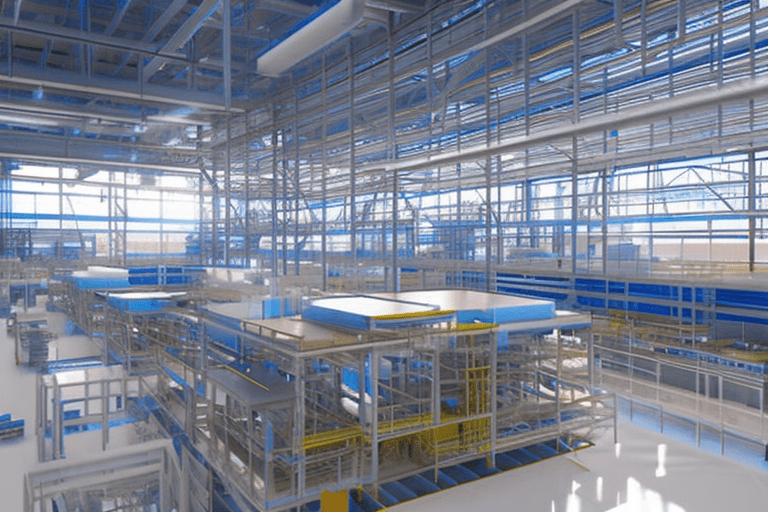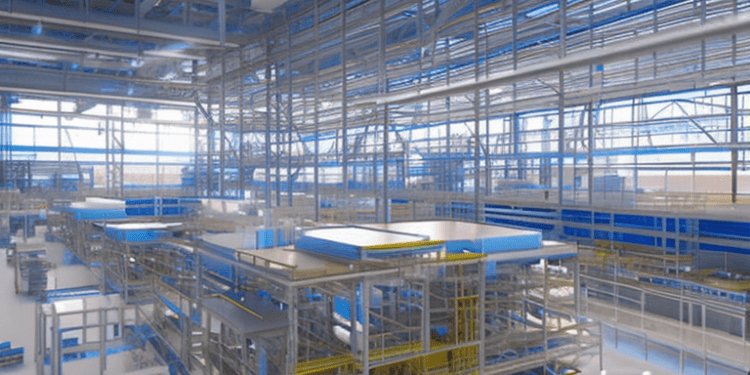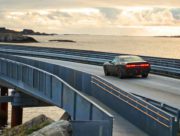Ford is investing $3.5 billion to build a new LFP (lithium iron phosphate) battery plant in Marshall, Michigan. The BlueOval Battery Park Michigan will employ 2,500 people when production begins in 2026 and will produce one of the lowest-cost US-made batteries.
The new plant will allow Ford to offer LFP batteries as a second battery chemistry option in addition to NCM (nickel cobalt manganese), giving customers the ability to choose an EV with battery performance characteristics that best suit their needs. Ford will also be able to reduce shipping and import costs, and take advantage of the incentives contained in the Inflation Reduction Act.
Ford plans to introduce LFP batteries for the Mustang Mach-E this year and for the F-150 Lightning in 2024. This will increase production capacity and reduce wait times for customers. The plant will have an initial capacity of 35 GWh per year, enough to power approximately 400,000 EVs.
“Ford’s electric vehicle lineup has generated huge demand,” said Ford CEO Jim Farley. “To get as many Ford EVs to customers as possible, we’re the first automaker to commit to build both NCM and LFP batteries in the United States.”
Bill Ford, Ford Executive Chair, added: “We are committed to leading the electric vehicle revolution in America, and that means investing in the technology and jobs that will keep us on the cutting edge of this global transformation in our industry.”
FAQ
Q1: Are electric car batteries recyclable?
A1: Yes, electric car batteries are recyclable.
Q2: Are electric car chargers free?
A2: It depends on the charger and the location. Some electric car chargers are free, while others may require a fee.
Q3: Can electric car batteries be rebuilt?
A3: Yes, electric car batteries can be rebuilt with the right tools and knowledge.










